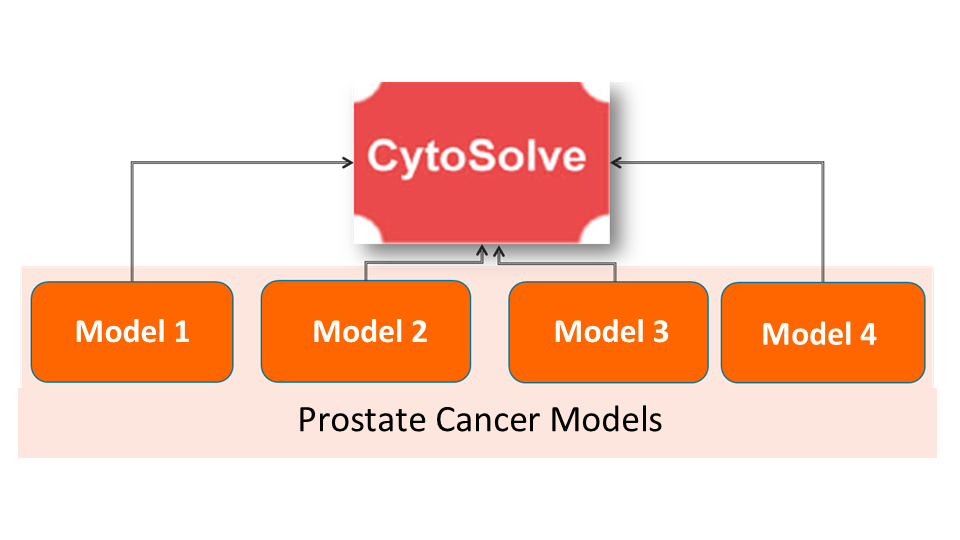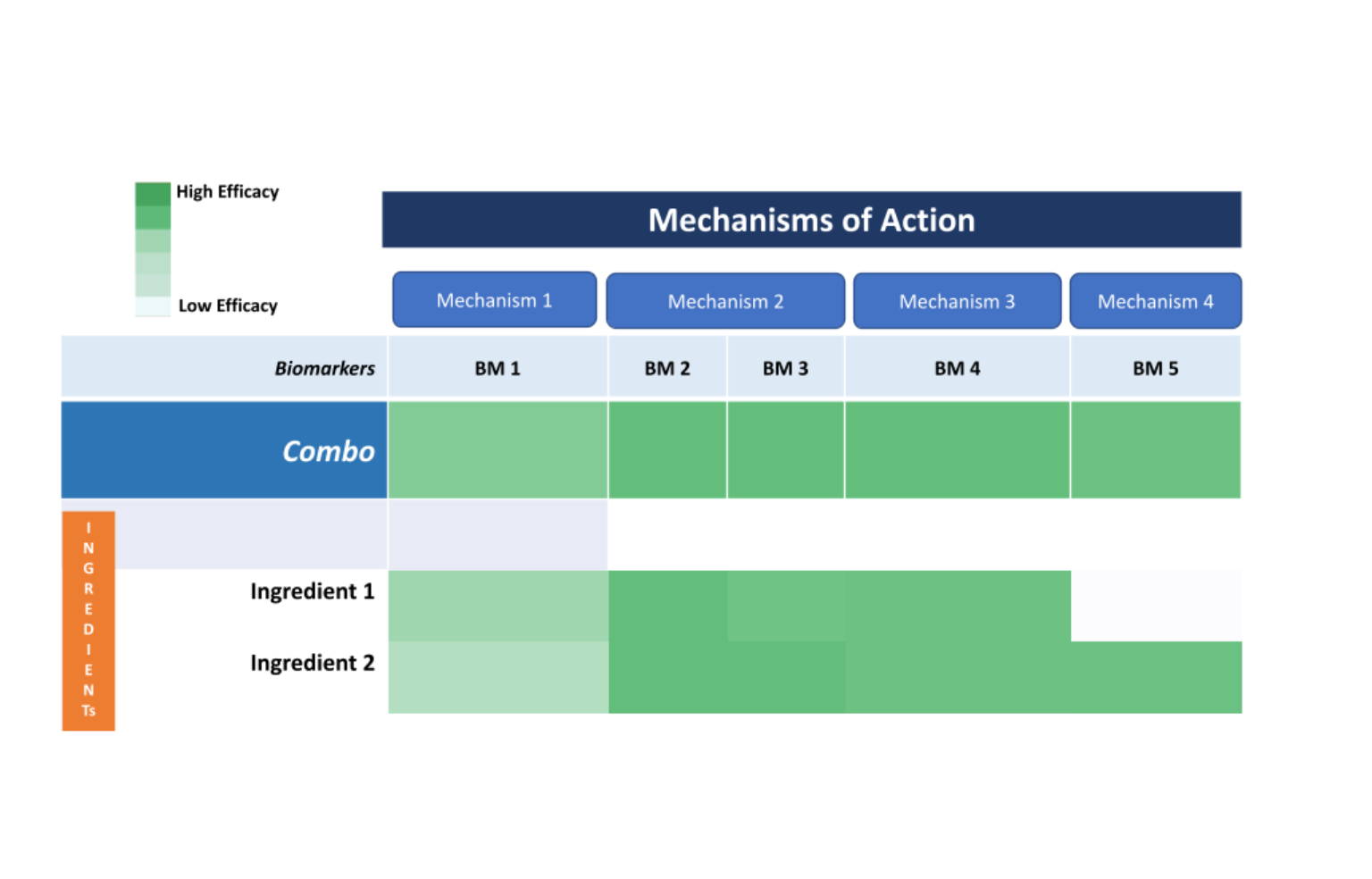Prostate cancer is a disease that begins in the prostate gland, a small, walnut-shaped gland located just below the bladder in men.
Prostate cancer is a disease that begins in the prostate gland, a small, walnut-shaped gland located just below the bladder in men. This gland produces seminal fluid, which nourishes and transports sperm. Prostate cancer occurs when cells in the prostate gland begin to grow uncontrollably, forming a tumor. Often, in its early stages, prostate cancer may not cause any noticeable symptoms. This is why regular screening, especially for men over a certain age or those with risk factors, is so important. As the cancer progresses, some men may experience symptoms such as frequent urination, especially at night, difficulty starting or stopping urination, a weak or interrupted urine stream, pain or burning during urination, blood in the urine or semen, and erectile dysfunction. However, these symptoms can also be caused by other less serious conditions, like an enlarged prostate (benign prostatic hyperplasia or BPH). Several factors can increase the risk of developing prostate cancer. Age is a significant risk factor, with the likelihood increasing as men get older. A family history of prostate cancer, particularly in a father or brother, also raises the risk. Race and ethnicity play a role, with African American men having a higher risk than men of other races. Diet and lifestyle factors are also being studied for their potential impact. Diagnosis of prostate cancer typically involves a digital rectal exam (DRE), where a doctor feels the prostate gland, and a prostate-specific antigen (PSA) blood test, which measures a protein produced by the prostate gland. Elevated PSA levels can indicate the presence of cancer, but further tests like a prostate biopsy are needed to confirm the diagnosis and determine the grade and stage of the cancer. Treatment options for prostate cancer vary depending on the stage of the cancer, the patient’s age and overall health, and their preferences. Options can include active surveillance (closely monitoring the cancer), surgery to remove the prostate gland, radiation therapy, hormone therapy, chemotherapy, and targeted therapy. Early detection offers the best chance for successful treatment.
The Systems Architecture of Prostate Cancer is published as a web based tool open to public . Click below to interact with the Systems Architecture
A peer-reviewed publication resulting from the Prostate Cancer Research Initiative was published in 2023 in the Journal of American Dental Association. Download the paper below.
In this phase, the Prostate Cancer initiative will conduct in silico modeling to identify and test the efficacy of natural compounds against the prostate cancer.

In this phase, combination screening will be performed to identify potential ingredient/compounds that target the biological process implicated in Prostate Cancer pathogenesis. This phase is yet to begin

The Open Science Institute® through its prostate cancer Initiative is moving towards getting patents for a revolutionary molecule that effectively combats prostate cancer, contributing breakthrough real solutions to society worldwide.
The Prostate Cancer Initiative plans to discover, develop, license and manufacture proprietary nutraceuticals to support treatment of Prostate Cancer. Support our mission to bring this innovation to those who need it most. Please support this phase by donating to the Prostate Cancer Initiative

